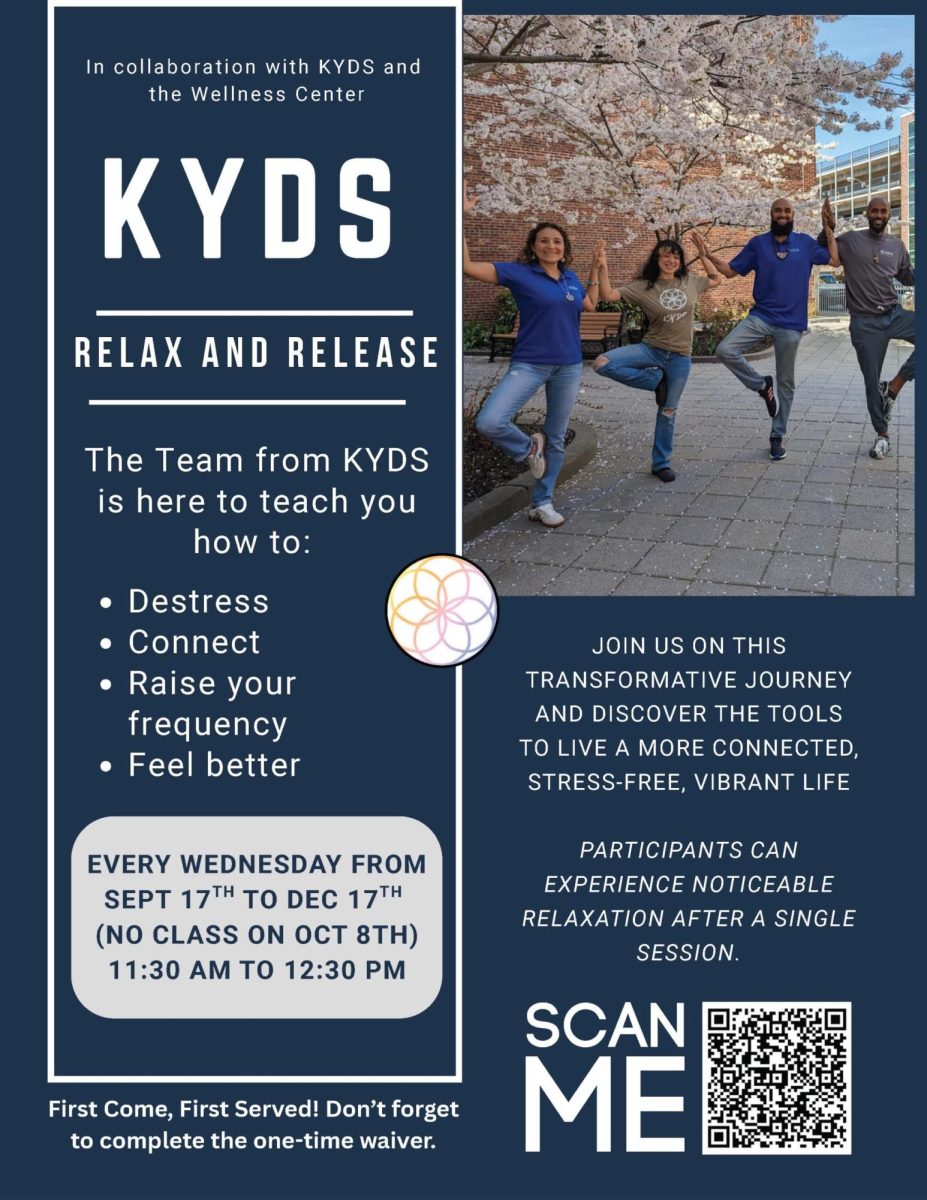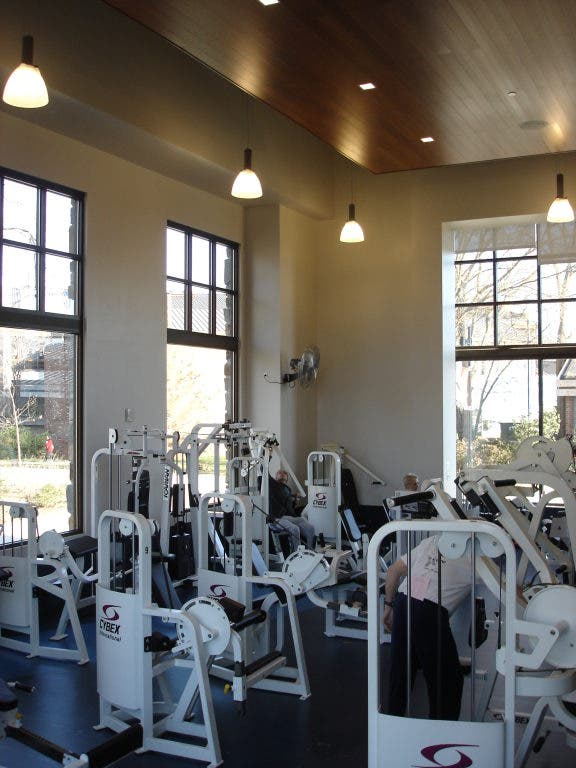Brookdale has long held a commitment toward its students’ emotional and mental health, prioritizing accessibility to help at every corner. But in the school’s haste to promote the healing of students’ minds, they seem to have forgotten one of the most vital aspects of mental health: physical health.
Last semester, The Current published “Try The Gym To Tackle Mental Health Issues,” exploring the wonders that consistent physical activity can have on the human mind and noting that “it’s an escape from the stress of the real world.” Such an escape helps students make changes to their mental health and lifestyle.
Brookdale students aren’t the only ones who have noticed the benefit of working out. Dr. Ashish Sharma writes in the National Library of Medicine, “exercise improves mental health by reducing anxiety, depression, and negative mood and by improving self-esteem and cognitive function,” and can even help with issues such as low self-esteem and social withdrawal.
Despite the clear evidence for the importance of safe exercise spaces such as gyms and Brookdale’s commitment to improving accessibility to resources, Brookdale’s gym remains open for a meager three days a week for only six hours a day, with a limit of 45 minutes per day for each student, which is less than the recommended amount for adults, (which is 60 minutes).
Further, instead of offering the gym hours before or after classes typically begin, Brookdale offers them directly in the middle of the day (between 10:30 a.m. and 4:30 p.m.). This makes prioritizing the gym incredibly difficult for those with full course loads.
Considering Brookdale – like many community colleges – serves a significant amount of first-generation college students, single parents, and low-income students, this is especially concerning for two reasons. First, many students cannot afford an off-campus gym membership. Second, students hailing from financially struggling households, those who are first-generation college students and/or single parents are more likely to have high levels of mental health needs that they cannot afford to meet.
Making the Brookdale gym more accessible would be one way to further promote both the physical and mental health of students here on campus – providing a safe space and an outlet from the stress of college life.
If the college is truly dedicated to improving the health of its students, perhaps this could be the next step in Brookdale’s commitment to combating mental health issues.



























